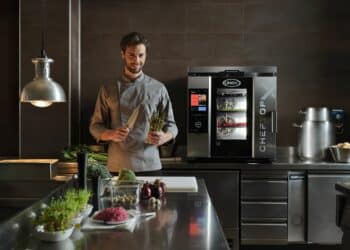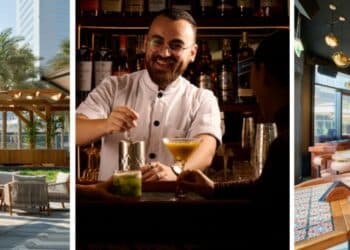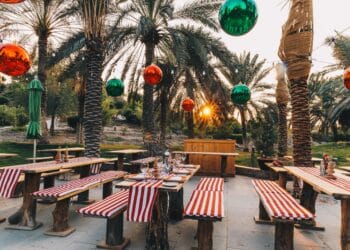Pure Harvest Smart Farms will begin operating in the Middle East region following the close of a foundational investment of US $1.1 million from Abu Dhabi-based Shorooq Investments.

Shorooq has acquired a 3.3-hectare farm site in Nahel, UAE, where Pure Harvest will establish the nation’s first high-tech, commercial-scale greenhouse, capable of year-round tomato production.
Sky Kurtz, Pure Harvest founder and CEO commented: “The region’s economies have begun to experiment with the use of mid-tech hydroponic technologies; however, to our knowledge nobody has fully committed by investing the necessary capital and deploying the portfolio of technologies needed to produce Dutch-quality produce year-round at a commercial scale in hot/humid areas bordering the Arabian Gulf.”
Pure Harvest intends to cultivate high value crops in modern glasshouses using a proprietary semi-closed climate controlled growing system purpose-built to overcome the unique challenges of year-round production in the littoral areas of the GCC region.
The company’s precision growing solution uses over-pressure climate control technology with a hybrid evaporative and mechanical cooling system to maintain optimal indoor climate conditions throughout the year in a resource-efficient, sustainable manner.
In a market where commercial farms are forced to cease vegetable production during summer, the proposed technology offers to deliver a food security solution.
The technology’s design enables water conservation and carbon dioxide dosing, achieving high productivity for a variety of crops including tomatoes, capsicums, cucumbers, aubergines and strawberries.
Pure Harvest’s vision is to supply premium quality produce directly to retailers, airlines and hospitality food distributors, substituting imports and enabling the UAE to achieve a more sustainable, self-sufficient food system.
Mahmoud Adi, Pure Harvest co-founder and director added: “Ultra-modern hydroponics – called Controlled Environment Agriculture or Precision Agriculture – has vast potential to revolutionise the agriculture sector in the region and could, at scale, have a meaningful impact on the regional economies as they aspire to diversify away from oil. I believe that we can create a lasting impact in the region and pave the way toward sustainability.”


































































